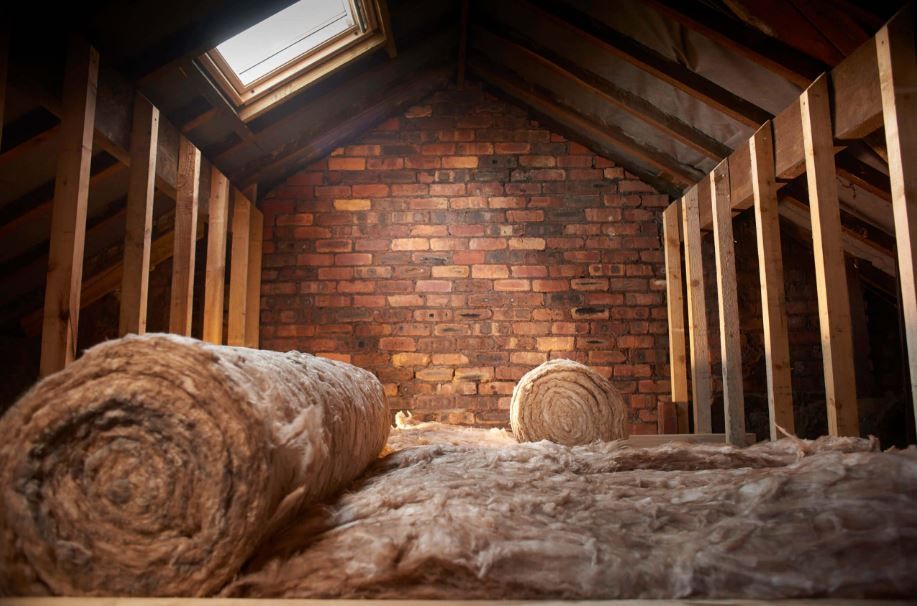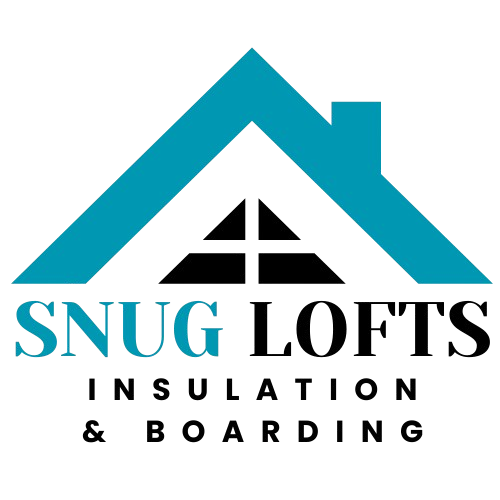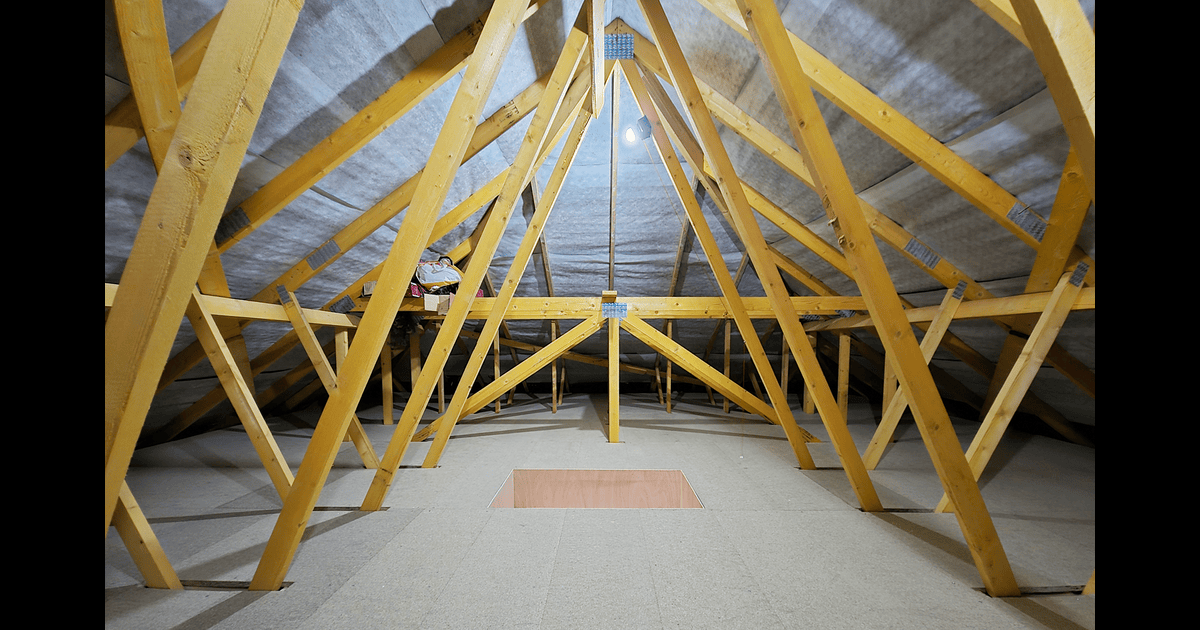The History of Loft Insulation in the UK

The History of Loft Insulation in the UK
Loft insulation might seem like a modern concept, but it’s been part of British home improvement for more than 70 years. As fuel prices, building standards and environmental awareness evolved, so too did the materials and methods used to keep our homes warm.
Let’s look at how loft insulation developed — and why it remains one of the smartest investments for UK homeowners today.
Post-War Britain and the First Insulated Homes (1940s–1960s)
After the Second World War, Britain faced a housing boom — but energy efficiency wasn’t a priority. Most homes built in the 1940s and 1950s had little or no insulation, relying instead on open fires and thick masonry.
It wasn’t until the late 1960s that the government began to encourage basic thermal insulation in roofs and walls, often using loose-fill materials like slag wool or vermiculite poured between joists.
The 1970s Energy Crisis and a Shift in Awareness
The 1973 oil crisis changed everything. With fuel prices soaring, attention turned to how much heat was being lost through uninsulated roofs.
This decade saw:
- The first widespread government insulation grants
- Greater use of glass mineral wool rolls
- Loft insulation becoming a recommended building practice
By the late 1970s, new homes were typically fitted with around 50mm of insulation, a small but vital first step.
1980s–1990s: The Rise of Energy Efficiency Standards
Throughout the 1980s, loft insulation became mainstream. Materials improved, installation methods became safer, and the concept of “U-values” (thermal performance) entered building regulations.
Key developments included:
- The introduction of Building Regulations Part L (1985)
- Gradual increases in minimum insulation thickness (100mm → 200mm)
- Growing popularity of fibreglass roll insulation sold in DIY stores
By the 1990s, nearly half of UK homes had some form of loft insulation — and public awareness was growing fast.
2000s: Government Grants and Environmental Focus
The early 2000s saw insulation move from cost-saving to climate action. Initiatives like the Warm Front Scheme and later ECO (Energy Company Obligation) helped millions of households insulate their lofts for free or at a reduced cost.
Homeowners began seeking:
- Higher R-value materials for better performance
- Sustainable and recyclable options
- Professional installation over DIY rolls
Loft insulation was no longer just a utility upgrade — it was an environmental responsibility.
2010s: The Age of Efficiency and Sustainability
During the 2010s, the UK introduced tougher building standards and greener materials. We saw the arrival of:
- Sheep’s wool and cellulose insulation made from recycled paper
- Multifoil reflective layers to reduce radiant heat loss
- Rigid PIR boards for sloping rafters and limited spaces
These innovations made insulation both eco-friendly and space-efficient, supporting the UK’s push toward net-zero targets.
2020s: Smart Homes and Energy Data
In the 2020s, loft insulation continues to evolve alongside smart home technology and energy performance data.
Homeowners can now:
- Monitor temperature differences through connected thermostats
- Use infrared imaging to check for insulation gaps
- Combine loft insulation upgrades with solar panels and air-source heat pumps
For Snug Lofts customers across the West Midlands, this means insulation that’s more effective, durable and sustainable than ever before.
Why Loft Insulation Still Matters in 2025
Even after decades of progress, thousands of UK homes still lack adequate insulation depth (the recommended 270mm).
Adding or topping up insulation can:
- Save up to 25% on annual heating costs
- Improve EPC ratings
- Increase property value
- Reduce condensation and heat loss
It remains one of the fastest, most affordable ways to boost comfort and efficiency.
Why Choose Snug Lofts?
- 10+ years of insulation expertise
- Serving homeowners across Birmingham, Wolverhampton, Walsall, Dudley, Solihull and beyond
- Fully qualified and insured installers
- Free loft insulation checks and quotes
- Honest advice on materials, ventilation and energy efficiency
Upgrade your home with expert insulation from Snug Lofts.
Book your
free loft survey today and see how we can help you save energy and money.
Serving Birmingham, Wolverhampton, Walsall, Dudley, Solihull, Sutton Coldfield, Coventry, Nuneaton, Tamworth, Cannock, Lichfield, Redditch, Stourbridge, West Bromwich and Halesowen.

